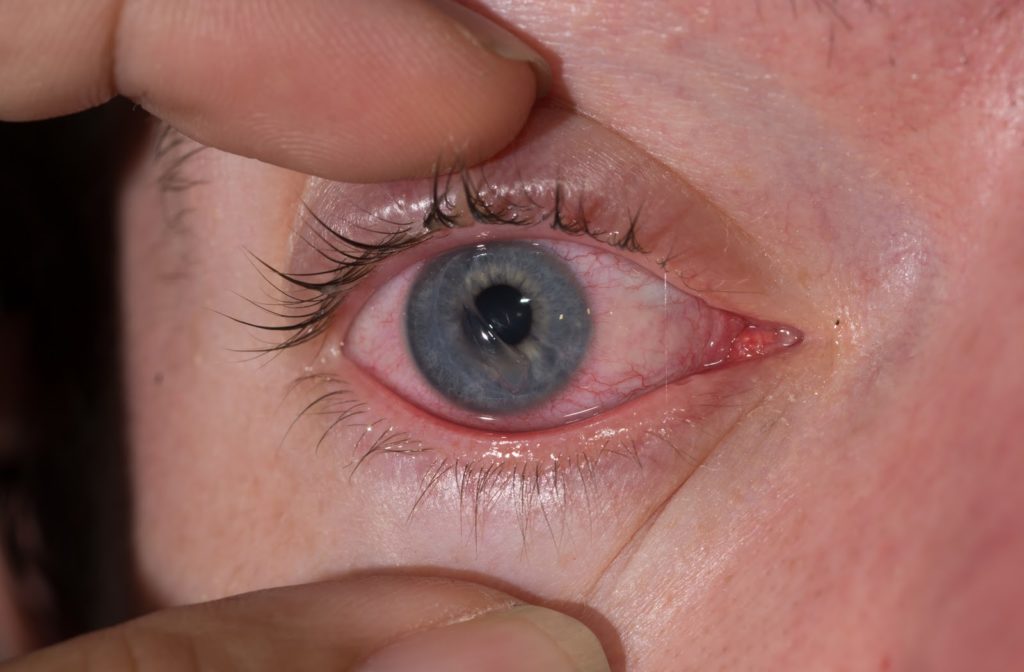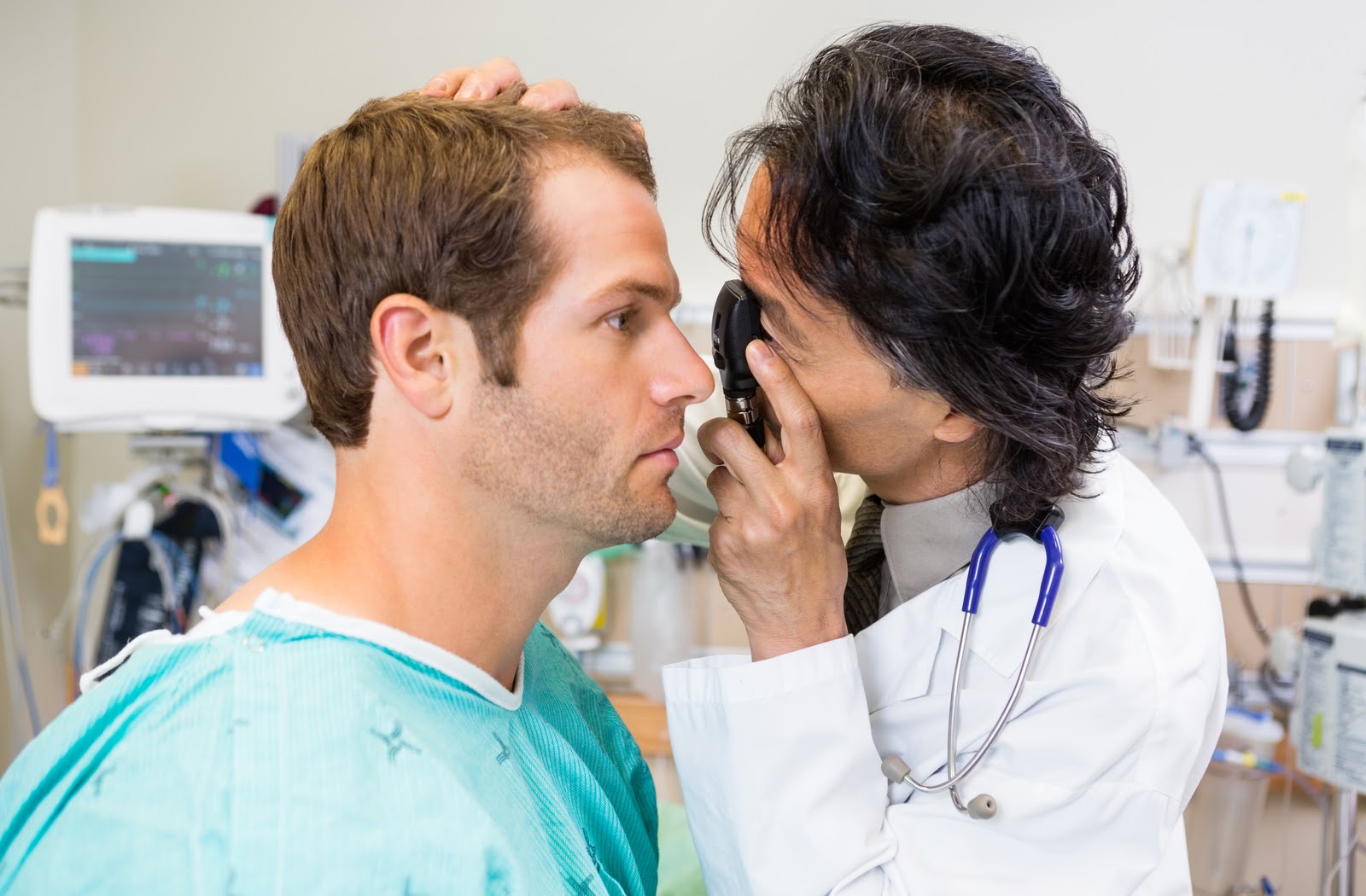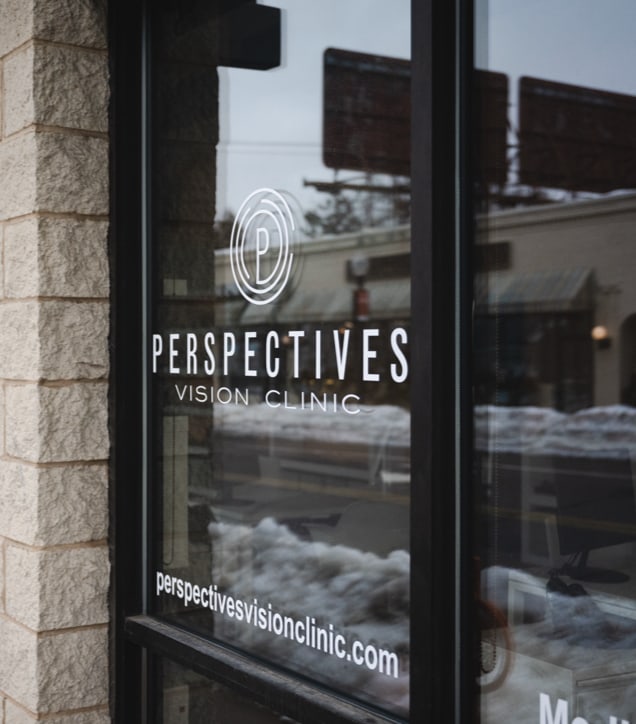Eyes are delicate and powerful parts of the body, and as hard as we try to protect them, accidents happen that could cause irreversible eye damage. Eye emergencies must be taken seriously. We’ll go over the signs of an eye emergency and situations that might cause them.
If you have an eye emergency, please call us during business hours at 833-987-1043, or if you’re a current patient, call us at 612-900-8859 before 9 pm. (After-hour assistance can’t be guaranteed, but we will try our best to help you.)
(This article is for informational purposes only and does not act as a substitute for professional medical assistance.)
Preserve Your Future Vision
Why is it important to be able to distinguish between irritating eye pain and a serious emergency? Emergencies must be taken seriously—you will need immediate medical attention to prevent further or permanent damage to your vision.
During an eye emergency, you’ll experience severe symptoms caused by a blow to the eye, chemical exposure, corneal abrasion, or a foreign object entering your eye. Eye trauma comes on suddenly, and there’s no time to wait—waiting could cause further damage or irreparable vision loss.
Signs of an Eye Emergency
Below are some telltale signs that you are, indeed, experiencing an eye emergency. Remember, some symptoms may cross over with non-emergencies, but if the symptom appeared suddenly or due to eye trauma, please seek medical attention immediately.
- Loss of vision (sudden or constant)
- Burning or stinging eyes
- One eye not moving like the other
- Seeing double vision
- Floaters and Flashes
- Light sensitivity
- Bruising or bleeding around the eye
- Blood in the white of the eye
- Discharge from the eye
- Severe itching
- New or severe headaches
Recognizing an Eye Emergency
Eye emergencies can be sudden, sometimes caused by accident, and none of them are pleasant.

Corneal Scratches or Abrasions
A corneal abrasion can be caused by something puncturing your eye or having a nasty spec of dust or grit scratch the eye’s surface. If you experience discomfort, redness, and light sensitivity, seek immediate treatment.
Do not rub your eye or cover it with a dark patch. Why? Because dark, moist areas are prime spots for bacteria to grow, corneal abrasions can invite microorganisms into the wound, putting your eye at risk of infection.
Foreign Object in the Eye
Foreign objects in your eye, like glass, metal, or anything that’s not supposed to be there, can cause irreparable damage.
Do not try to remove the object, as this could make it worse. You can create an eye shield out of a paper cup and hurry to the hospital to prevent scarring or eye damage.
Chemical Contact
Chemical injuries don’t happen only in a science lab. Some cleaning products, beauty products, and aerosols can get in your eyes at home easily if you don’t protect them.
Chemical eye burns are divided into three categories—alkali, acid, and irritants. All three can cause acute damage and should be seen by a medical professional promptly.
If you splash chemicals in your eye, rub your eyes after handling chemicals, or get sprayed, rinse your eyes under tepid water for about 15 minutes to flush out the chemicals as best you can. Then contact your eye doctor or head to the nearest emergency room.
Blunt Force Trauma to the Eye
If you are in a severe accident or sustain a blow to the eye, you could suffer eye inflammation, internal bleeding, bruising, or fractures or cracks in the bones around the eye.
All traumatic blows to the eye require immediate medical attention.
Retinal Detachment
As the name describes, retinal detachment happens when the retina at the back of the eye moves from its usual position. It may not cause pain, but the warning signs can indicate that you need medical attention.
You may experience:
- Sudden appearance of floaters and flashes
- Blurred vision
- Reduced peripheral vision
- A dark shadow over your visual field
If retinal detachment goes untreated, it could lead to total vision loss.
It’s Not an Emergency, But You Should Still See a Doctor
Now, we won’t say that other eye conditions are “nothing to worry about,” but they don’t necessarily need immediate medical attention.
If you have symptoms that worsen gradually, minor eye pain, or any visual concerns that haven’t suddenly appeared, we recommend booking an appointment with your optometrist as soon as possible.
Conjunctivitis
A common condition that may cause concern is conjunctivitis, more commonly known as pink eye. Symptoms of conjunctivitis can appear in one or both eyes, including redness, irritation, and difficulty opening your eye due to crust buildup.
See an eye doctor within the first couple of days of the infection for antibiotic treatment, and seek medical attention if symptoms worsen after 24 hours of taking the antibiotics.
Protect Your Beautiful Eyes
Eye emergencies happen unexpectedly: your child throws a toy at you, chemicals splash into your eyes while cleaning, or you sustain a traumatic blow to the eye.
Protect your eyes during high-risk situations. For instance, wear protective eyewear when using power tools or working with chemicals, childproof your home and keep sharp instruments away from young children, and keep harmful items away from your eyes.
Overall, stay aware of your surroundings and be alert—your eyes are the only two you’ve got!










